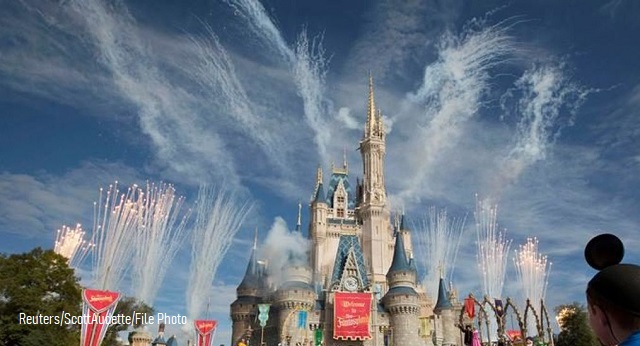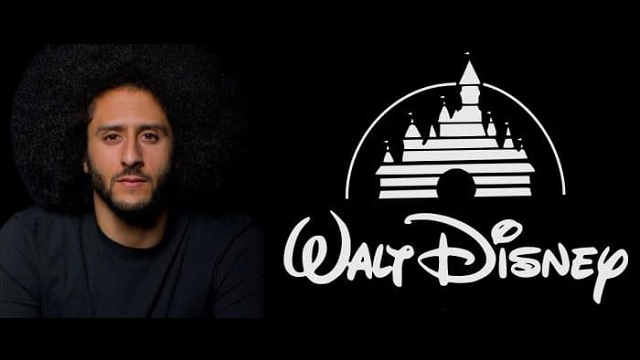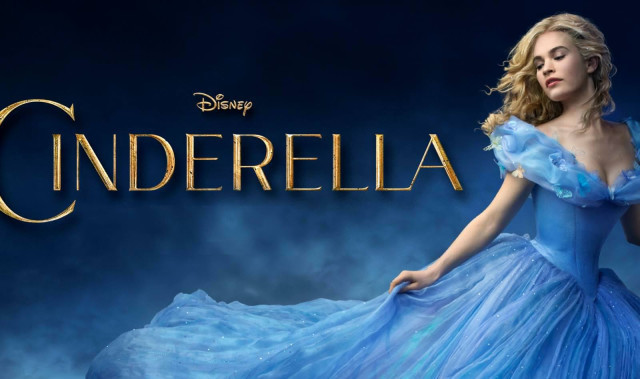Please allow me to gush about Disney’s live-action Cinderella (2015) directed by Kenneth Branagh. Beautiful doesn’t quite describe it. It is heart-stoppingly gorgeous in every frame, and emotionally challenging in a way that the animated version, which I love, never really was.
It seems like an implausible undertaking to take a classic like this and produce it with real, live people. I expected it would lose some magic, some element of fantasy. On the contrary, it gains power. Perhaps that is due to the direction, the acting, the technology, or the tweaks in the plot, or some combination. It’s hard to say, but I will admit that I teared up fully three times.
A Massive Improvement
To write this article, I re-read the Brothers Grimm version. There are some significant differences.
In Grimm, the father of Cinderella is not dead, just neglectful, and he seems to take the side of the stepmother. There is no carriage made of pumpkins and no cute mice that keep Cinderella company in her darkest hours. The evil sisters have their eyes plucked out by birds at the end, and so on.
The Disney version is vastly more coherent. We find out why the stepmother is so wicked, for example. She suspects that her new husband sees in Cinderella something of the looks and character of his dead wife, who remains the true love of his life. When he dies, the stepmother takes the opportunity for full revenge. It’s unfair, but such is the nature of human motivation: It takes strange twists and turns that result in injustice. Cinderella is knocked from her status as bourgeois beauty to working-class peasant.
An Exploration of Class Mobility
The new film also introduces a chance meeting between the prince, who admits nothing about his royal status, and Cinderella. He is on a deer hunt, and she is on a pony ride in the forest. In their meeting, their structural class differences are not evident to either of them. They meet each other as human beings and discover certain feelings for each other. These feelings are blind to social status, and possess both of them. They meet again at the royal ball, at which point the prince becomes determined to find her and marry her, despite the king’s wishes that he only marry into royalty.
And here is where we get to the core drama of Cinderella, which is all about class mobility. Recall that this story, which might date from antiquity in its broadest outlines, gained massive popular traction in the 19th century. It deals with people, scenes and events that affect what we call the middle class today. Yes, the stories feature kings, queens, princes and princesses — this was not yet the age of democracy — but most often our sympathies as readers rest with the plain people and their triumphs, which the stories feature most poignantly.
The middle class was a new creation in the history of the world, and it was brought about by the rise of capitalism beginning in the late middles ages and culminating in the age of laissez faire between end of the Napoleonic Wars and World War I. The caste chasms that once persisted between the peasants and the lords, between those privileged by title and land grants and those fated to serve them, were melted away by the advent of commercial society.
Under capitalism, universal possession of property and money replaced servitude and barter, and exchange relationships of people’s own choosing gradually replaced the required lifetime associations of birth and happenstance. Society’s productive resources turned from serving the elites to serving the common person.
The distinguishing mark of this new middle class was the prospect of social advance through rising prosperity. Fluid classes replaced fixed castes. For the first time, an individual could triumph over poverty and class through hard work, goodness of heart, personal ambition, and steadfastness in the pursuit of a dream. The common person could become anything he or she was determined to become.
This was the world that serves as the backdrop to the modern telling of the Cinderella story.
Realizing Her Dreams
Cinderella was born into a world of hope, and cast down by circumstances that were beyond her ability to control. Instead of complaining about her plight, she got to work and did the best she could, maintaining her dreams and keeping her character intact. She never sought revenge, never plotted against her sisters, never gave up her ideals of truth and beauty. Instead, she persisted in her dreams.
As a result, fate shined on her once again. She was visited by a fairy godmother who gave her the chance to meet the prince once again. The chance meeting in the forest — a meeting without the trappings of life station and status, a meeting where love was born in a setting of equal freedom — was permitted to flower into a beautiful, non-arranged, romantic love.
The stepmother and her daughters tried every trick to keep Cinderella from meeting her true love again. But the prince had her slipper and was determined to find its owner. Not even hiding her in the attic would keep them from meeting again.
Cinderella’s mice friends fling open the window as she is singing, and the song reaches the prince’s ear. He rushes up the stairs, overcoming even the king’s aid, who is part of a palace conspiracy to keep them apart. The shoe fits and true love is permitted to take its own course.
The Theme Is Freedom
The generations before us took such class mobility for granted as a human right. This is a feature brought to the world by the free economy. The power of states and life stations gradually lost their ability to contain or determine the social position of anyone. Whether people are rich or poor, beloved by others or forgotten, came down to matters of personal character, which expressed itself in terms of one’s goodness, creativeness, discipline, and willingness to persist despite every barrier.
One of the tragedies of an economic life regimented by the state has been the stifling of this kind of mobility. To get into a profession you need a license. To start a business, you must comply with a thousand regulations. To own a house or car requires vast compliance with taxes, forms, insurance, and every manner of state mandate. If your business succeeds, you are threatened with closure unless you contribute to the right politicians and send the right lobbyists to the centers of power.
State control creates a world of privilege: those who are in and those who are out. We’ve created our own modern form of royal privilege made up of those who are closest to those in power.
And this is where Cinderella offers lessons to us today. She would not give up despite every barrier. Her own family plotted to keep her down, and the royal family had forbid the prince from marrying into a lowly station. But nothing could stop the magic of true love from writing the course of history in a manner in which powerful people never intended or permissioned.
The story of Cinderella is the story of every entrepreneur whose dreams were put down by those in power, every business condemned to fail, every technology that no one thought could (or should) work. Our times give us thousands of examples, from Amazon to Tesla to AirBnB, with regulators, monopolists, politicians, and media naysayers playing the role of the evil sisters, the stepmother, and the plotting advisers to the king.
What can we do but cheer these live action tributes to the old idea that no power on earth can stop the realization of a dream, and that history is written by individuals and their passion to live the best possible life? This is what Disney is all about, and the new Cinderella presents that message as beautifully as I’ve ever seen it presented.
 Jeffrey A. Tucker
Jeffrey A. Tucker
Jeffrey Tucker is Director of Digital Development at FEE, CLO of the startup Liberty.me, and editor at Laissez Faire Books. Author of five books, he speaks at FEE summer seminars and other events. His latest book is Bit by Bit: How P2P Is Freeing the World. Follow on Twitter and Like on Facebook.





